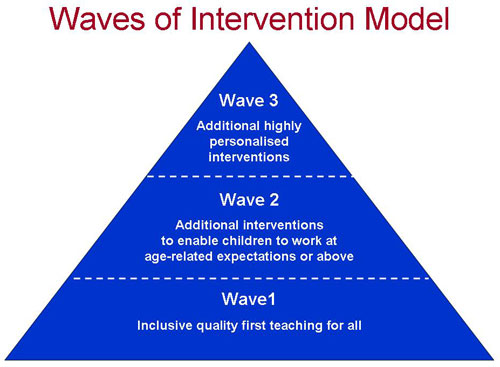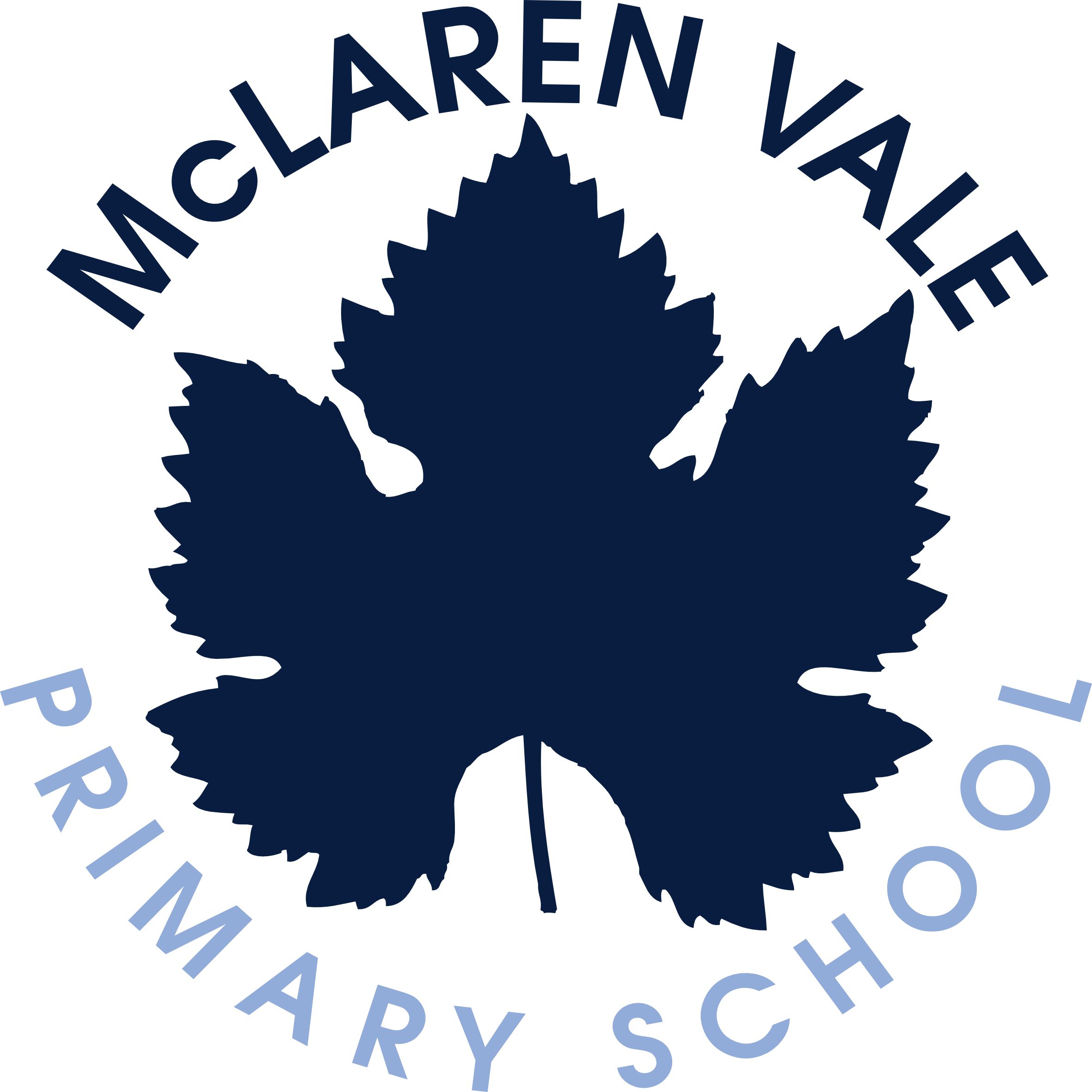Inclusive Education
STUDENTS WITH ADDITIONAL NEEDS
DfE STUDENT SUPPORT SERVICES
The Department for Education Student Support Services work with preschools and schools where there are children and young people who have particular educational support needs. This can include:
- developmental delay
- physical disabilities
- learning difficulties
- complex behaviours – social and emotional
- mental health or wellbeing
- disengagement and non-attendance issues
- speech, language and communication difficulties
The MVPS Inclusive Education Team will discuss your child’s needs with the Department’s Student Support Services team if appropriate and they will provide advice, recommendations and involve their team members if necessary.
Services they offer include:
- Behaviour support educator: works with the school to build on knowledge and skills that can help students with additional behavioural support needs, promote and support socially acceptable and positive behaviours, and help with any educational concerns.
- Speech pathology: works with the school, and children and young people who need speech, language and communication support. This can include assessment and intervention services, as well as working with staff to increase their capability to meet the learning and wellbeing needs of these children.
- Psychology: works closely with the families, playing a role in assessing and identifying children and young people with additional learning and behavioural needs. They also assist the school to choose and carry out targeted interventions to support learning, wellbeing and engagement of school. They also educate the school and families about topics such as learning disorders and cognitive processes (thinking and reasoning).
- Inclusive educator and special educator (hearing): supports the school and families to improve learning and wellbeing for students with disabilities, including those who are deaf or hard of hearing, have learning difficulties or health support needs. They also help school staff to adjust and adapt the curriculum to support these students.
- Social work – truancy: supports the school to create inclusive learning environments and ways of working with our students to encourage their attendance and achievement. A positive school culture that welcomes all children and builds strong family and community connections is our goal.
- English as an additional language or dialect: works with the students, teachers, school leaders and families to help students whose first language is not English to adapt to and thrive in public schools. This approach promotes strong and supportive social, emotional and inclusive environments and practices.
How the process works: These support services work together with families, the child and school staff to help them thrive at school. This is a time specific service, with clear goals to guide them. The aim is to help the school to build expertise to support the learning needs of all students. To do this, they may:
- review existing information
- observe a child in class or elsewhere at school
- conduct formal assessments and recommendations
- discuss children’s learning and behavioural challenges
- talk about this with school staff and family
- hold staff training and development sessions
- coach and mentor school staff
- help staff to develop strategies
- coordinate other services
- refer your child to other supports or agencies
INTERVENTION AND SUPPORT
The Melbourne Declaration on Educational Goals for Young Australians (MCEETYA December, 2008) commits ‘to supporting all young Australians to become successful learners, creative individuals, active and informed citizens’ and to promote equity and excellence in education. Research and practices highlight the importance of increasingly focused and targeted interventions and support actions to enable learners to achieve their potential. At McLaren Vale Primary School we call these ‘Tiers of Intervention and Support’.
Students can be identified for Intervention by site based diagnostic assessments, formative or summative assessment processes, NAPLAN and PAT analysis, Dibels, PASM and Phonics Screening or through external assessments and diagnostic reports. Our literacy and numeracy blocks are well supported to provide opportunity for extensive differentiation during these key explicit learning times.
We implement the 3 Tiers of Intervention:
Tier 1: Classroom Differentiation: We work with an agreed whole school approach to effective teaching and learning where teachers design differentiated learning experiences and assessment tasks to engage, challenge and support all learners to achieve or exceed agreed standards.
Tier 2: Intervention Programs: We have a systematic whole school approach to Intervention where the identification processes and increasingly intensive supports are available for learners. We using evidence based, time bound intervention strategies to engage our learners who need additional or alternative instruction. Classroom teachers work with the inclusive education team and support staff to develop targeted Intervention for students, based on the individual student data.
Tier 3: One Child One Plan: Specialised individual learning plans for students with diagnosed needs. Quality specialised teaching uses negotiated accommodations to support a small number of our students who need intensive ongoing instruction and support. Known, documented site processes build partnerships beyond the site with referral processes to provide targeted intervention. Our relationships with Department for Education (DfE) support personnel, Families SA, Autism SA, and Child and Adolescent Mental Health Services (CAMHS) are examples of personnel/resources we access for ongoing support. Recommendations for students requiring Tier 3 support are also taken from private external providers such as, developmental educators, occupational therapists, speech pathologists, psychologists and physiotherapists.
ZONES OF REGULATION
‘Zones of Regulation’ is a whole school approach which supports students to manage and regulate their emotions. This evidence based approach is used by occupational therapists and is well researched. This approach teaches students how to identify, articulate and manage their emotions through the four ‘zones’ – blue, green, yellow and red. The ‘zones of regulation’ gives students the skills needed to self-regulate and manage their emotions and be in the ‘green zone’ where they are the most calm, ready to learn and interact successfully with their friends. With this approach, students are taught that feeling emotions and being in any coloured ‘zone’ is okay. Through explicit teaching and modelling students are then able to identify and use their chosen ‘tools’ to self-regulate successfully and be in the ‘green zone’ supporting them to engage in their learning.
EXTERNAL PROVIDERS COMING ON SITE TO WORK WITH YOUR CHILD:
Please note that our school welcomes external providers including NDIS speech therapists, occupational therapists, etc. to work with your child wherever we can, however this is not guaranteed.
The external provider is granted entry based on the following:
- If there is a space available to use (we have very limited spaces and the space needs to be within line of sight of an educator).
- If the time fits in with the child’s learning program (if it impacts on their lunch break or a lesson that the teacher deems vital for them not to miss it will not be granted.)
- If the external provider meets all of the legal requirements needed to work on site.
If you or your external provider would like to enquire about coming into our school to see your child, the first step of the process is to email dl.0251.admin@schools.sa.edu.au where your enquiry will be forwarded on to a member of the Inclusive Education team. Please do not approach your child’s classroom teacher directly.


